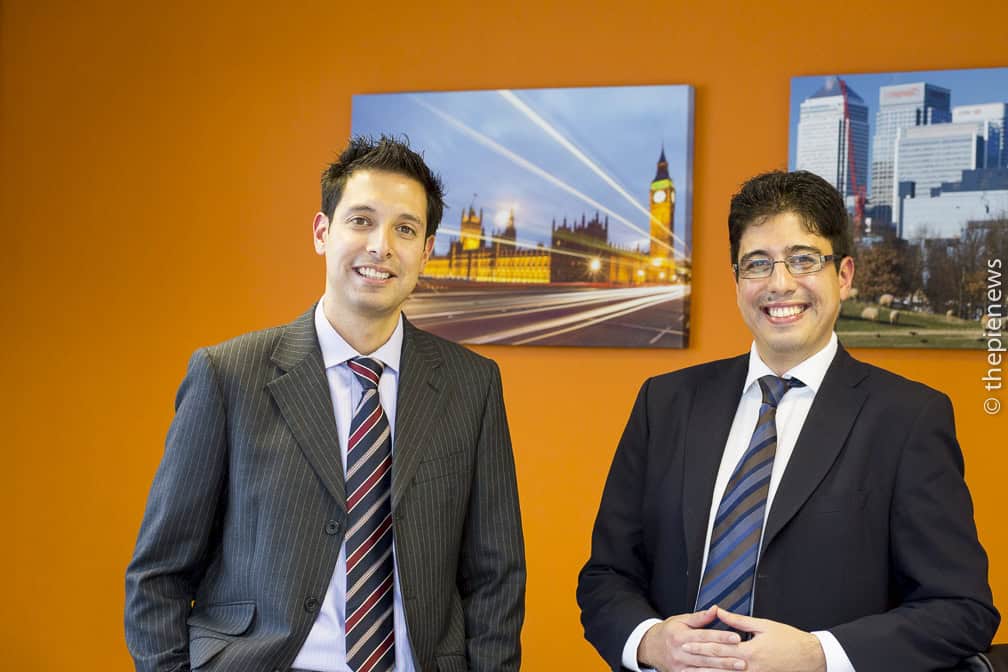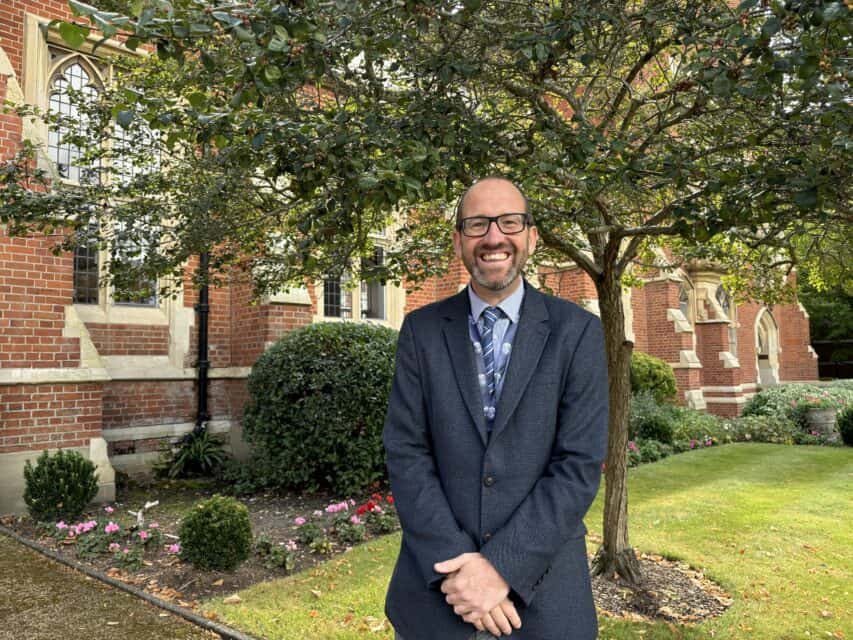We met up with the Andrew and Anthony Saleh, founders of homestay agency , to discuss the highs, lows and cultural consideration involved in mixing and matching international students with UK families.
Сư�洫ý: How does the homestay model work?
Andrew: We are an agency and we work on behalf of educational institutions here in London, with study board agencies and we also get students contacting us directly. The majority of our clients are language schools here in London who are looking to outsource their accommodation to a homestay agency. We recruit the homestay families and most of our students have to come from higher education institutions.
Sometimes students are just expecting the UK to be Hugh Grants in Notting Hill
Сư�洫ý: What’s the current demand for host families and homestay?
Anthony: Our main markets are language schools. The big advantage of homestay is the price relative to the standards of other short-term accommodation. Generally people who are looking for long-term accommodation choose halls of residence.
Сư�洫ý: Is it easy to find families who want to host?
Andrew: That’s always the big challenge with this. Our biggest source of families is through recommendation. Initially, we just had to do leaflet drops, posters, and place ads in local papers such as The Metro. But, now it is through recommendation predominantly. By the end of the year we will have around 1,000 families on the books for the 2,500 students we place every year.
Anthony: One of the reasons we’ve done well is we look at the standard of the accommodation and the motivation of the host. There is no point in having a swanky penthouse apartment if the host does not want to provide a home from home. Someone who wants a lodger is not going to make a good host. For a lot of students the first impression of the UK comes from the experience they have with the host. Pricing depends on location, access to private bathroom, whether you are willing to provide evening meals and standard of accommodation.
Сư�洫ý: What happens when a student simply hates their host family?
Andrew: The challenge is – we are matching a student whom we’ve never met with a host who has also never met that student, Sharing a home with someone else always has its problems. Sometimes you get personality clashes and sometimes students are just expecting the UK to be Hugh Grants in Notting Hill.
Our biggest source of families is through recommendation
If it’s just a personality clash, we speak with the families to explain the situation. Sometimes we do relocate students, depends on what the issue is. We have a contract with all our clients that outline the procedures for handling complaints, but a lot of it is judgment, there is no chart. Schools accept that there will be complaints because they accept that we’ve never met students. They trust us to act on it very quickly.
Сư�洫ý: Have students become more demanding over the years?
Andrew: Yes definitely. In terms of the clients there is a shift toward more quality as opposed to quantity. A lot of them, even the smaller ones request British Council registration. The schools are giving students more individual attention. Once the school provides us with a student profile, we will go to our system and provide them with photo profiles of the accommodation. And we’ve found that more and more schools are requesting photo profiles. From an estate agent perspective, that was a completely obvious thing to do.
Сư�洫ý: What’s the funniest moment you’ve had?
Andrew: We had one student who mistook the bidet for the toilet and was too embarrassed to speak to the host, so they left there and then. On speaking to the host, we realised what had happened and we had to relocate the student immediately to save face for everyone. We refer to it as “dump gate”.
We had one student who mistook the bidet for the toilet and was too embarrassed to speak to the host, so they left there and then
The big thing is that we are dealing with so many different cultures. But, one of the premises of homestay, is that the student speaks English. The British Council regulation is that you can’t have two people of the same nationality in the same home.
We also had a host for example who had a student from Japan who would always leave the front door open in the morning. She would speak to him [the student] and tell him, listen this is London, you have to close the front door. But, he would keep doing it. So she called us up and we explained it to him. He basically told us that, in his culture, the eldest member of the family had the parent go behind him and close the front door.
Сư�洫ý: How has the homestay industry changed since when you launched?
Andrew: It has changed a lot. There are more operators now in our sector and it has become more competitive. But, with the visa policies changing there are less students. So a lot of our clients are competing for fewer students. If a school has to outsource their accommodation, it works quite well for us as a business.
For the agents and the student the accommodation is as important as the course
Сư�洫ý: What’s new on the horizon?
Andrew: We’ve just upgraded our internal systems, which gives clients a white label website where they can effectively have access to our database. We are also looking into a feedback mechanism, as part to integrate into our bespoke system, where students can tell us if they disliked their host families.
Сư�洫ý: What role does homestay play in international education?
Andrew: When you go to study conferences, one of the first things an agent will ask you is what accommodation do you offer. For the agents and the student the accommodation is as important as the course. So, the experience the student has from day one informs the overall experience of their time here in London.
Сư�洫ý: And finally, how did you both get into homestay?
Anthony: We both come from different backgrounds. I was a management accountant, qualified in the healthcare industry with BUPA. Left university in 2001 but, kept training in accounting till 2006. I left the corporate world at 2007. For me personally, I felt the system channeled me into that career, [after university] it was a logical step to go into accountancy. When I qualified even after a year or so, I wanted to be my own boss. I didn’t want to sit behind spreadsheets my whole life.
Andrew: I am the older one by a year. I graduated in 2001 and I spent time teaching. I was an EFL teacher. During my studies I was offered the chance to study in the ERASMUS programme. Similar to Antony, I had always envisaged a career in the city. But, going to France to teach English, really changed by perspective. I came back to London and taught ESOL and in my mid 20s I decided enter property. Everyone thought we were crazy because we launched in late 2007 during the credit crunch. At that time there weren’t many companies providing homestay. There were one to two large companies and lots of bedroom operators. We thought we could make a difference.



